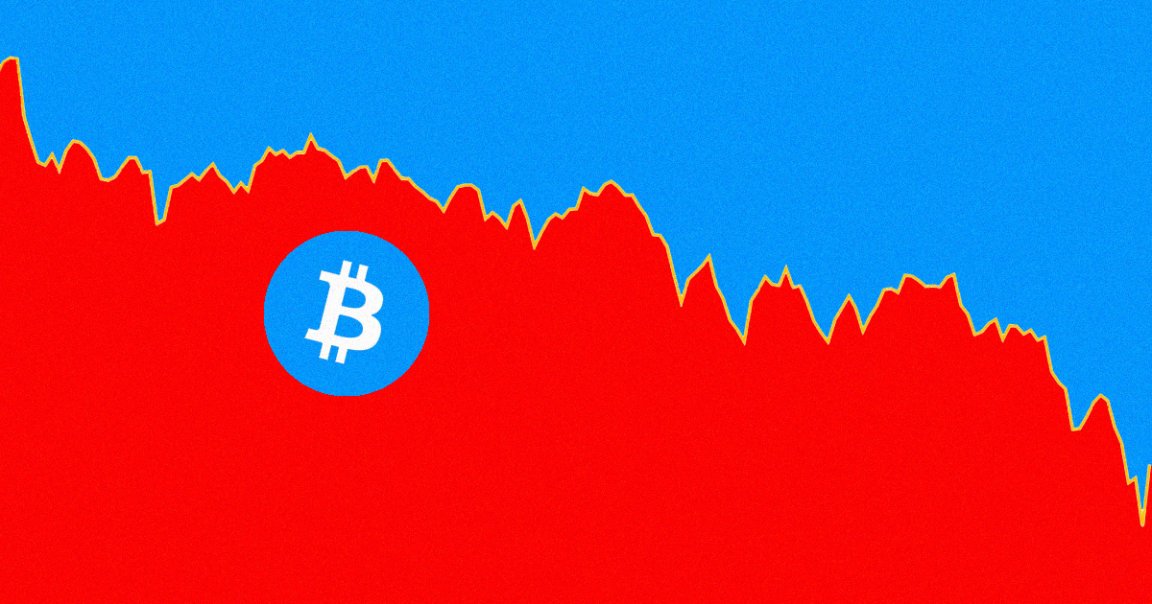
Just a week ago, on May 12, Bitcoin was soaring to incredible heights. Each token was selling for as much as $57,000, up from just $30,000 at the start of the year.
Then came a wrecking ball in the form of Elon Musk, whose electric car company Tesla had lent Bitcoin unprecedented mainstream credibility earlier in the year when it bought $1.5 billion worth of the digital currency and started accepting it for new car sales.
But that all changed in a tweet, when Musk announced that due to environmental concerns over the carbon footprint of mining, Tesla was no longer accepting Bitcoin.
“Cryptocurency is a good idea on many levels and we believe it has a promising future, but this cannot come at great cost to the environment,” he wrote at the time. “Tesla will not be selling any Bitcoin and we intend to use it for transactions as soon as mining transitions to more sustainable energy.”
The move was met with derision by cryptocurrency advocates, who accused Musk of kicking the ladder out from under them after supporting the tech at Tesla — and beyond, in the form of memes about the jokey cryptocurrency Dogecoin that drove its price up dramatically this year.
They were seemingly right to be upset. During the week since Musk’s announcement, almost every mainstream cryptocurrency has plummeted in value. Bitcoin sank to as low as about $30,000 today before rebounding slightly. Dogecoin has tanked even more dramatically, from a high of about $0.70 during the peak of Musk’s boosterism to as low as $0.33 today — meaning that its value has effectively been chopped in half.
It’s not all Musk’s fault. Today’s particularly steep drops were probably related to an announcement by regulators in China that banks were no longer allowed to handle cryptocurrency.
But viewed in that context, Musk may have been a harbinger of powerful entities turning against cryptocurrencies like Bitcoin.
What all that means to individual investors is complex and varied. For those who cashed out near a high, it was an extraordinary ride. But those who got swept up in the hype stood to lose enormous sums.
On the one hand, cryptocurrency is clearly bigger than Tesla, and it’s unlikely that losing the support of one A-list company will make or break the future of the tech.
But on the other, it’s one more sign of cryptocurrency’s foundational instability — as well as the fact that regardless of what Musk says one day, you never know what he’s going to do next.